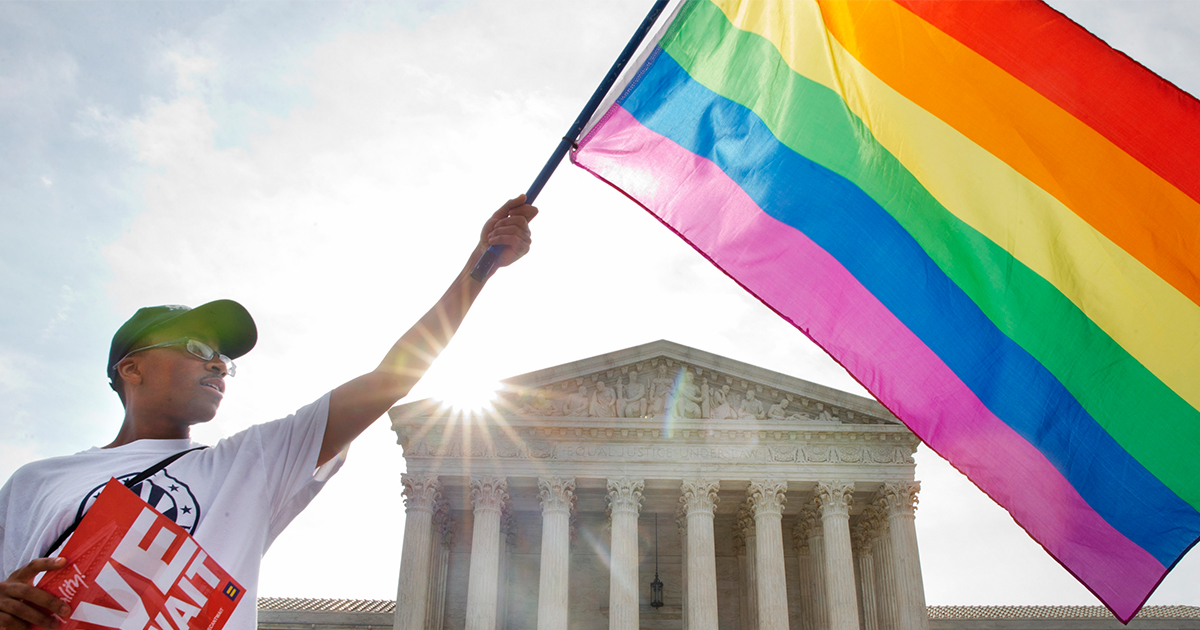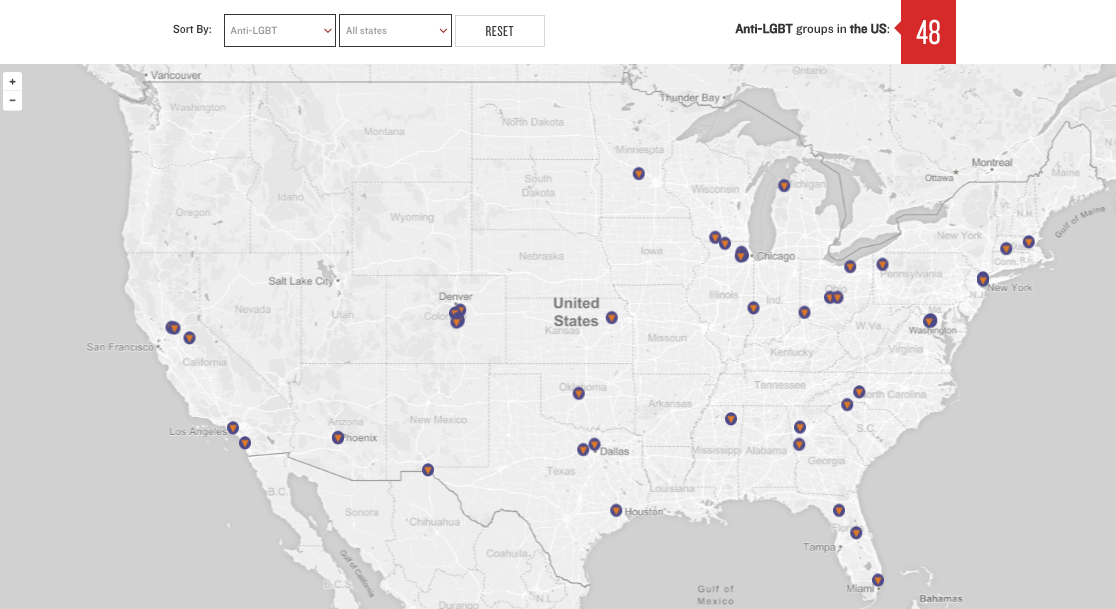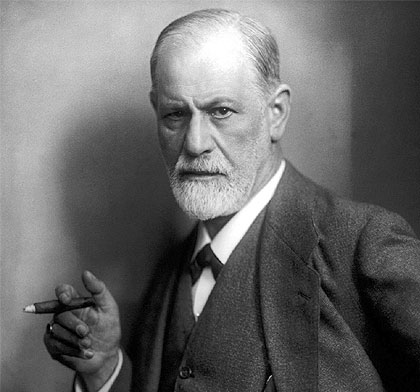Scientists Have an Interesting Idea About the Origins of Homophobia

By:
The Orlando mass shooting, which left 50 people dead and 53 others injured, serves as a reminder that LGBT individuals are disproportionately targeted in hate crimes. While early reports suggested that shooter Omar Mateen was motivated by a fierce hatred of gays, and, according to his dad, was even triggered by watching two men kiss in public, several sources told news outlets on Monday that Mateen may have been struggling to come to terms with his own sexuality.
 AP/Jacquelyn Martin - apimages.com
AP/Jacquelyn Martin - apimages.com
The reports about Mateen give credence to the theory that latent homosexuality can manifest in the form of homophobia.
"I think the reality is that a lot of anti-gay hate criminals turn out to be afraid that they are gay themselves or have these feelings and so on," Mark Potok, a senior fellow at the Southern Poverty Law Center (SPLC), told ATTN: prior to the revelations about Mateen. "Not to play psychiatrist too much, but I think a lot of people feel that they are almost literally beating the gayness out of themselves as they beat some unfortunate gay man to death."
Here's a map of anti-LGBT hate groups in the U.S., according to the SPLC.
 SPLC - splcenter.org
SPLC - splcenter.org
It is unclear if this psychological theory applies to Mateen or if it offers some kind of explanation for the senseless violence that took place at Pulse on Sunday. But the FBI is investigating the connection, looking into reports that the gunman frequented Pulse and used gay dating apps. One of Mateen's former police academy classmates said he believed Mateen was gay and even went to several gay bars with him, New York Magazine reports.
Though no studies have focused on homophobic hate criminals specifically, there's research to support the theory. A 2012 study published in the Journal of Personality and Social Psychology offers empirical evidence that those who have averse emotional reactions to gay people could be repressing same-sex desires themselves.
Researchers looked at the results of four separate experiments conducted in the U.S. and Germany, which involved administering psychological tests to about 160 participants (per experiment).
One experiment asked participants to put words and pictures that appeared on a screen into "gay" or "straight" categories. Prior to the trial, the word "me" or "other" flashed on the screen for 35 milliseconds, and those who quickly associated the words "gay" and "me" (or slowly associated "straight" and "me) were thought to have indicated an implicit gay orientation. Another experiment that allowed participants to freely browse "same-sex" or "opposite-sex" photos also revealed implicit sexual orientation.
Finally, researchers determined the "level of homophobia" (based on opinions expressed in questionnaires as well as beliefs implied through word-completion tasks) of each study participant. The findings confirmed what has been speculated since the early years of psychoanalysis. (Think Freud.)
 Wikimedia - wikimedia.org
Wikimedia - wikimedia.org
"Individuals who identify as straight but in psychological tests show a strong attraction to the same sex may be threatened by gays and lesbians because homosexuals remind them of similar tendencies within themselves," Dr. Netta Weinstein, the lead author of the study, wrote.
"This study shows that if you are feeling that kind of visceral reaction to an out-group, ask yourself, 'Why?'" Dr. Richard Ryan, the study's co-author, added. "Those intense emotions should serve as a call to self-reflection."
